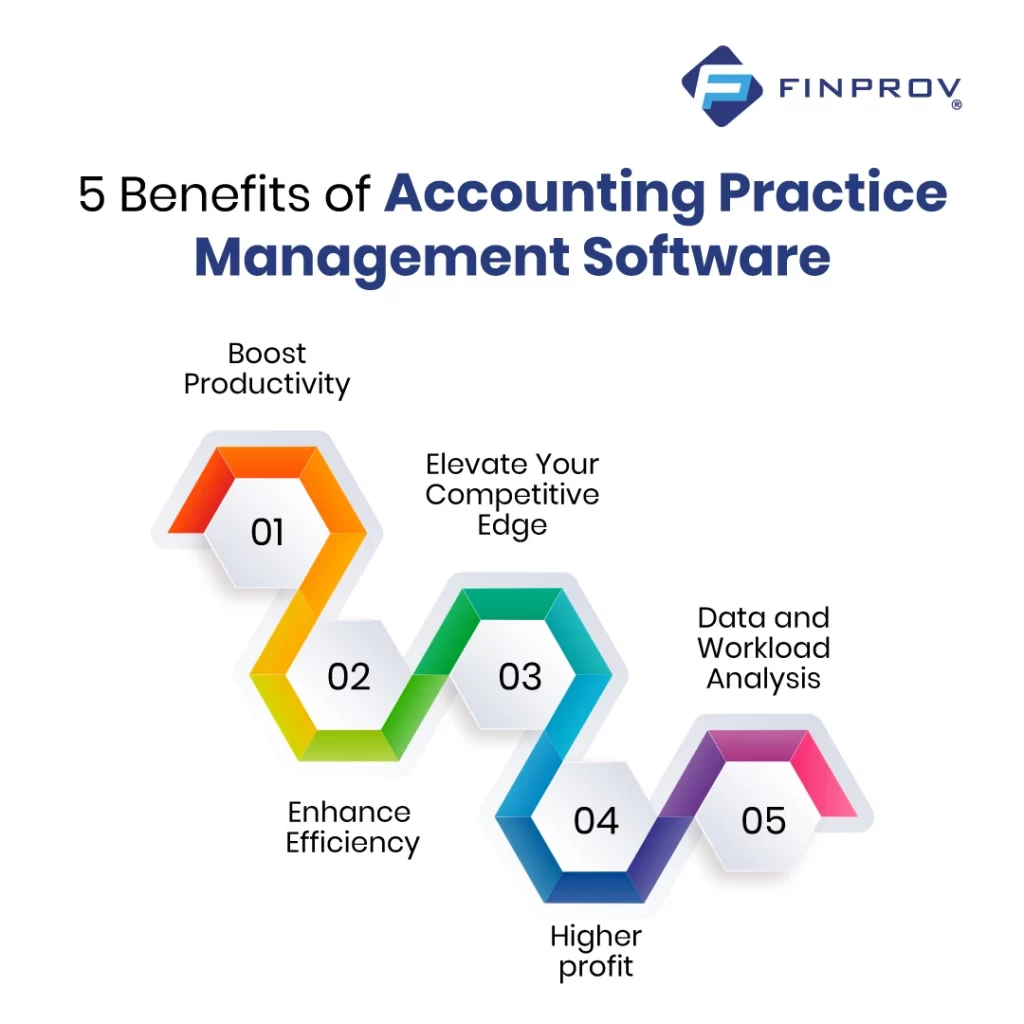See How Succentrix Can Help You Start an Accounting Practice and Increase Profits
See How Succentrix Can Help You Start an Accounting Practice and Increase Profits
Blog Article
Top Trends Forming the Future of Accounting Practices
As the accountancy market proceeds to evolve, a number of crucial trends are arising that pledge to redefine conventional techniques. The integration of fabricated knowledge, the focus on automation, and shifts towards remote work are reshaping the landscape, while sustainability efforts and enhanced data analytics are driving new requirements of liability. Each of these factors not only enhances performance but also positions accounting professionals in more strategic duties. What stays to be seen is just how these advancements will affect the honest considerations and functional structures within the profession.
Surge of Expert System
The rise of synthetic knowledge (AI) in audit techniques marks a significant shift in the market, driven by the need for greater performance and precision. AI innovations are increasingly being integrated into accounting software application, making it possible for firms to automate regular jobs such as data entrance, invoice handling, and financial coverage. This makeover allows accounting professionals to concentrate on higher-value activities, such as calculated planning and consultatory services.
Additionally, AI enhances the precision of financial evaluations by minimizing human error and improving information honesty. Equipment knowing formulas can assess substantial amounts of data to recognize patterns and trends, providing understandings that were formerly unattainable. This ability not only improves decision-making however also enables real-time economic tracking.
The execution of AI in bookkeeping also promotes enhanced conformity with regulatory requirements, as AI systems can be set to flag disparities and make certain adherence to monetary laws. As firms accept these modern technologies, the duty of accounting professionals is advancing from traditional bookkeeping to coming to be strategic companions within organizations, equipped with innovative logical skills. Generally, the rise of AI in bookkeeping is redefining the career, leading the way for a much more ingenious and responsive monetary landscape.
Focus on Automation
Just how can automation improve the bookkeeping landscape? The assimilation of automation right into accounting practices is essentially changing just how financial data is processed, evaluated, and reported. By enhancing repeated tasks such as information entrance, settlement, and invoicing, automation allows accountants to concentrate on higher-value activities, such as critical decision-making and consultatory services.
The fostering of automation innovations, including robot process automation (RPA) and cloud-based options, improves precision and lowers the probability of human mistake. Real-time data processing equips companies with timely insights, allowing more proactive monetary administration. Automated systems promote compliance by making sure that policies are consistently met via integrated controls and audit tracks.

Remote Work Improvement
As automation reshapes standard accounting methods, the rise of remote job is further transforming the landscape of the occupation. The COVID-19 pandemic increased a shift towards versatile job arrangements, compelling accountancy companies to embrace brand-new innovations and interaction tools to maintain efficiency and client engagement. This change has actually made it possible for firms to access a broader ability pool, as look at this website geographical restraints reduce.
Remote job has additionally triggered a reevaluation of operations and the implementation of cloud-based services. These developments promote real-time cooperation, enabling teams to work perfectly throughout different places. Consequently, accounting professionals can supply solutions a lot more successfully and respond to customer requires quicker.
Moreover, the emphasis on remote job has actually driven a cultural change within organizations, emphasizing work-life balance and staff member well-being (Succentrix can help you start an accounting practice). Firms that embrace this change are most likely to bring in and preserve top skill, promoting an atmosphere of advancement and versatility
Nevertheless, the remote work version likewise provides difficulties, such as maintaining data safety and security and guaranteeing conformity with regulative requirements. As the bookkeeping occupation remains to advance, companies must browse these intricacies while taking full advantage of the advantages of remote job, ultimately bring about a more use this link resilient and dexterous industry.
Sustainability in Accounting

The introduction of sustainability bookkeeping standards, such as the Global Reporting Initiative (GRI) and the Sustainability Audit Criteria Board (SASB), has offered structures that guide companies in measuring and revealing their ESG efficiency. This not just improves credibility however additionally fosters depend on amongst investors and consumers that focus on lasting techniques.
In addition, firms are increasingly embracing incorporated coverage, which incorporates monetary and non-financial information to offer a holistic view of business efficiency (Succentrix can help you start an accounting practice). This technique enables stakeholders to examine the lasting viability of a company, lining up economic success with lasting methods
As audit professionals embrace sustainability, they play a critical duty in shaping business technique, promoting technology, and advertising accountability. Eventually, sustainability in audit is not simply a fad; it is a vital element of contemporary service approach that drives resilience and long-term success.
Enhanced Data Analytics
The expanding emphasis on sustainability in accountancy has actually led the way for improved data analytics, which is transforming how organizations manage and interpret financial details. Succentrix can help you start an accounting practice. By leveraging innovative logical devices, companies can now sort through vast quantities of data to extract article insights that drive strategic decision-making and boost functional effectiveness
Enhanced information analytics permits accounting professionals to move beyond typical coverage methods, giving real-time data visualization and anticipating analytics that facilitate positive monitoring of monetary health. This change not only sustains far better conformity with sustainability guidelines however also straightens with stakeholder demands for openness and liability.


As accountancy techniques advance, the function of data analytics will be vital in cultivating a more sustainable and resistant economic setting. Organizations that embrace these developments will certainly obtain a competitive side, placing themselves as forward-thinking leaders in the industry.
Conclusion
Finally, the future of audit practices is being significantly affected by innovations in expert system, automation, remote work, sustainability, and enhanced information analytics. These fads not only enhance performance and accuracy but also reshape the function of accounting professionals from traditional tasks to calculated advising positions. Accepting these developments will certainly encourage firms to adjust to a progressing landscape, guaranteeing strength and success in a competitive atmosphere. The recurring integration of these elements will define the accounting profession's trajectory.
Report this page